BikeLoud blindsided by council rejection of bike bill lawsuit settlement – BikePortland
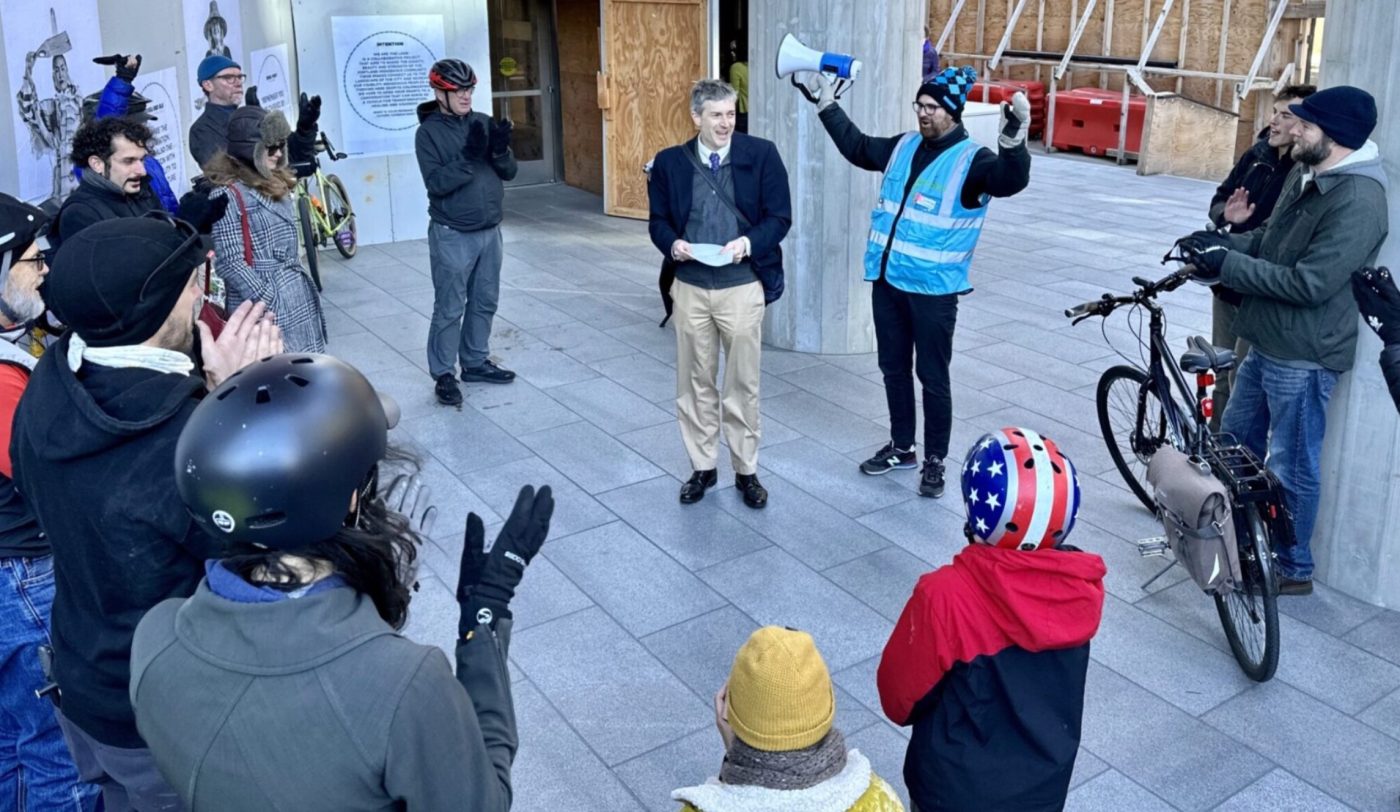
After years of work to establish that the City of Portland’s transportation bureau was not following through with legal obligations outlined in what’s known as the “Bike Bill,” and with a settlement negotiated and approved by the City Attorney and top leadership at the Portland Bureau of Transportation, advocates expected this week to be one of celebration.
Instead, they’re left in limbo due to a highly unexpected move from Portland City Council.
Nonprofit BikeLoud PDX and their lead attorneys on the lawsuit — Scott Kocher of Forum Law Group and Chris Thomas of Thomas, Coon, Newton & Frost — had a date (October 15th) on the city council agenda where council members were expected to rubber-stamp what would have been one of the most consequential transportation-related legal decisions in the history of Portland. Approval of financial settlements are usually a weekly council exercise and most are subject to no debate.
Kocher and BikeLoud had already begun to plan a PR strategy around the decision when they received word from the City Attorney that the settlement had been rejected by city council.
BikeLoud filed a lawsuit against the City of Portland in 2022, alleging that PBOT had repeatedly not met requirements laid out in Oregon Revised Statute 366.514, more commonly known as the Oregon Bicycle Bill. Sponsored by a (Republican!) Oregon lawmaker in 1971, the bill sought to make sure road authorities invested a minimum of 1% of major highway project costs into bicycle and pedestrian infrastructure. More germane to this lawsuit, the law requires bicycle and pedestrian facilities whenever a street is “constructed, reconstructed, or relocated,” with narrow exceptions.
With the help of volunteer advocates from BikeLoud, Kocher painstakingly cataloged numerous completed projects where he could prove the Bike Bill should have applied, but where PBOT failed to make the required investments in bike infrastructure. City attorneys fought vociferously for dismissal of the lawsuit on grounds that BikeLoud didn’t have legal standing to pursue the case. In May 2023, a Multnomah County Judge affirmed BikeLoud’s standing and permitted them to proceed with the case.
Kocher and BikeLoud spent the last two years working on the case. They found individual plaintiffs willing to add their names to the lawsuit as being negatively impacted by the lack of bike facilities on specific roads. They participated in hours of depositions with top-level PBOT staff. And their work paid off when the City Attorney agreed to go into settlement negotiations. That process took hundreds of hours of work, and according to Kocher (who represented the case pro bono), the two sides ultimately hammered out an agreement.
From what I’ve learned, the settlement agreed to by PBOT and BikeLoud would have included several million dollars in specific planning and capital projects including: $3 million to upgrade neighborhood greenway routes used by weekly bike buses, $2 million of investments on Sandy Blvd in connection with upcoming paving and sewer projects, various commitments related to the 82nd Avenue project, and $1 million for neighborhood greenway upgrades around Hawthorne Boulevard. In addition to those investments, PBOT would also agree to an internal decision making process that would ensure compliance with the Bike Bill going forward.
Kocher told me in an interview this week both sides compromised and looked to find “win-wins” that helped cycling in general and would bolster projects and policies PBOT was already invested in.
That’s why Kocher was blindsided when he learned council voted it down.
Because these settlement decisions are not made in public city council session, I don’t have all the details on what happened. I have learned that due to quorum rules, the city holds two separate meetings with six councilors each (known as “six and six” groupings). It was in these meetings where the settlement was discussed. Councilor Sameer Kanal was one of the councilors who was uncomfortable moving it forward at this time. In a conversation last week, he said he doesn’t believe the settlement is dead, but that it’s simply been delayed so council can get questions answered.
According to Kanal, the BikeLoud settlement was complicated and unique relative to others they typically approve. Because it would force the City of Portland to make specific policy changes and project investments (something Kanal is not necessarily opposed to), Kanal believes it warrants more consideration by council.
Looming over this issue are questions of city governance. That is, what power do council members have to impact decisions already made by the administrative wing of the city? We’ve seen this play out several times in high-profile cases lately: A plan by an office overseen by Mayor Keith Wilson to remove diverters in Northwest Portland was strongly opposed by councilors who felt it was administrative overreach and that council members should have power to make that decision. A decision by PBOT and Mayor Wilson to extend paid parking hours to balance the budget was also opposed by city council members, who ultimately reversed it.
Kocher believes this is another example of tension between the administrative and legislative arms of city government.
“It’s extremely unusual for council to not approve a settlement that has been reached and recommended by the city attorney,” Kocher shared with me in an interview Thursday. “It’s concerning that it didn’t happen in a timely fashion in this case and we are trying to learn more whether this is a case of miscommunication, or whether council is actually rejecting the advice of the city attorney.”
“The settlement is the result of a multi-year litigation process,” Kocher continued. “It was reached after extensive negotiations with top-level leadership on both sides, so it’s unclear how a settlement could be reached and then not have it be approved.”
The way Kocher sees it, the settlement comes with significant benefits for both sides that will all be lost if the case goes to trial.
At this point, Kocher and BikeLoud are still in the dark and are waiting for more answers.
In the meantime, BikeLoud is planning to rally in front of City Hall this Wednesday (10/22) at 9:00 am. They plan to speak about the issue and then deliver a letter to city council. Stay tuned.
Share this content:
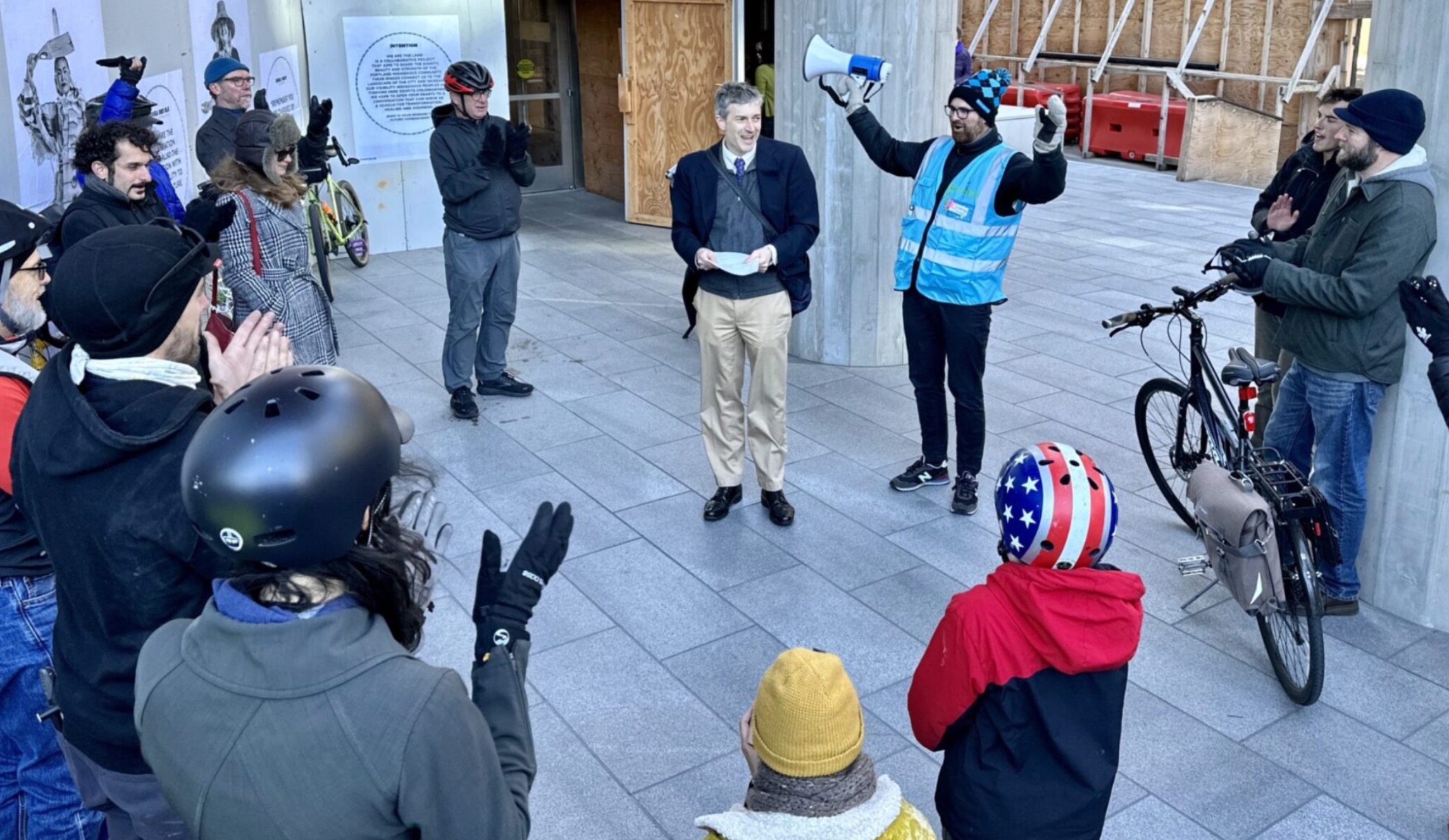

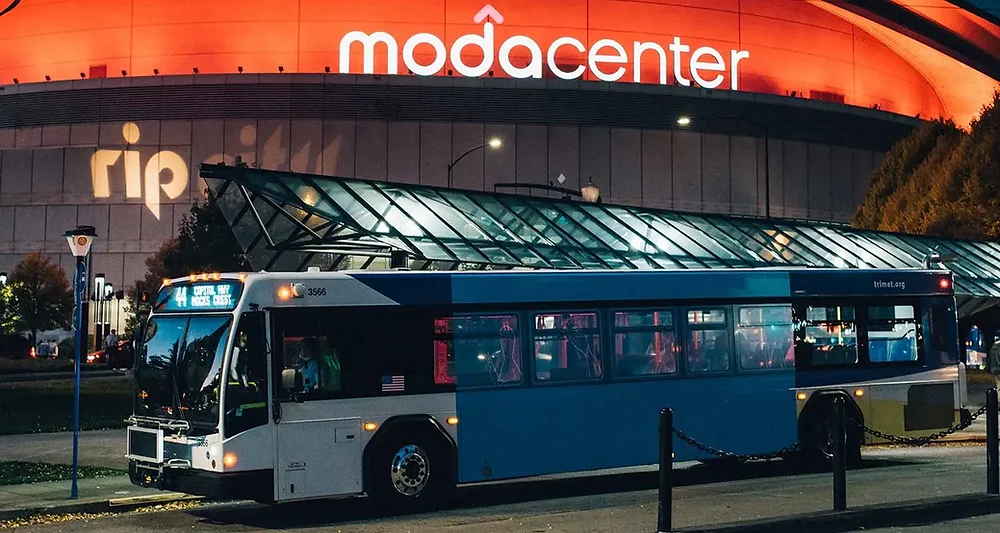


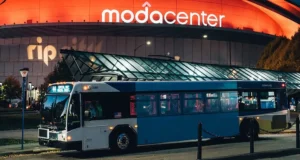



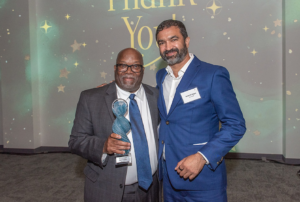

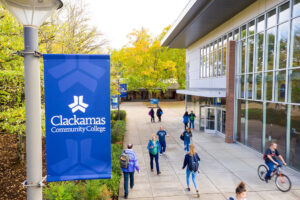
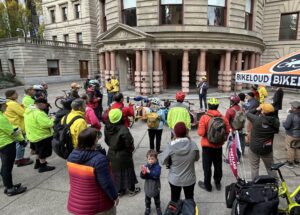


Post Comment